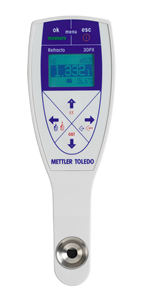Dektak 6M profilometer
Profilometry allows users to get a 2D trace of surface topographic features through contact with a stylus. The Dektak profilometer determines film thickness, feature heights in microfluidic devices, 3D-printed devices or feature depths in laser cut samples. It can also show the surface roughness of substrates.

